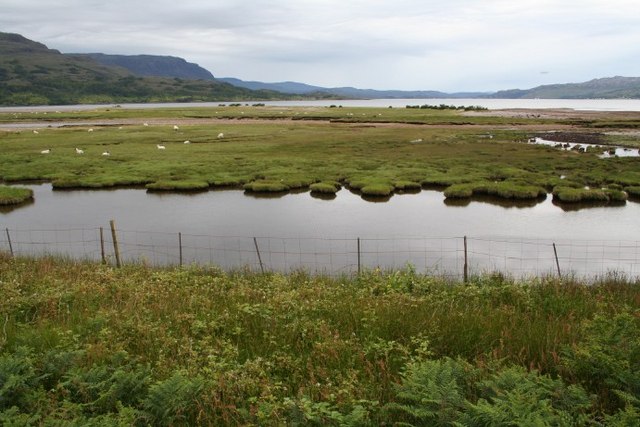
The importance of the ocean cannot be understated, but it is often underestimated.
Seafood is an obvious benefit we gain: not only a nutritious source of protein, but also the basis of jobs and income for many coastal communities. At the global scale, small-scale fisheries are hugely important for the economic stability of many coastal districts. Also, seafood is often (but not always) a source of animal protein with a relatively low impact on the climate. Preferably from a local source, small pelagic fish (e.g. sprats, mackerel, herring) and farmed shellfish (e.g. mussels) can even have a lower carbon footprint than many plant-based protein options. But… all these benefits are undermined if we don’t make sustainable seafood choices, which means making sure we choose fishing and fish-farming practices that don’t damage the environment or catch so many fish that the wild stocks can’t recover naturally.

We all love a day at the beach. Those of us who venture on to, in to and under the water’s surface swear by the restorative, thrilling and life-affirming feelings this brings. The physical health benefits of walking, running, swimming or kayaking on or near the sea need no explanation, but research has also now shown the fantastic mental health benefits of this kind of connection with nature. What’s more, the better the health of our marine environment… with clean water and abundant wildlife… the better it is for us too.

The ocean environment has been providing energy for our homes and vehicles for a long time. Although we are now all too familiar with its climate consequences, North Sea oil and gas has been fundamental to our daily lives. Now, as we accelerate our transition to low-carbon energy systems, the ocean environment is again proving its worth. Offshore windfarms are going to be a significant part of our energy future; tidal energy potential is starting to reveal itself; and although slower to develop, wave energy remains an exciting possible source of clean and renewable energy.

The physics and chemistry of the ocean function on a massive scale. What happens in distant waters, in the Arctic and in the middle of the Atlantic, has very real consequences for our experience of climate and weather in Scotland, the UK and Europe. The many ways in which a rapidly changing climate effects water temperature, salinity and currents, for example, triggers a complex sequence of knock-on effects that we experience as unpredictable and unseasonal weather systems, and as changes to the creatures appearing near our shores. The ocean is, in many ways, Planet Earth’s climate-control system… and that system is on the verge of breakdown. To give the ocean its best chance of regaining control, we need to do everything we can to keep the ocean healthy and functioning in the way nature intended. In other words, the more we can reduce other pressures on the ocean environment, the easier it will be for it to get on with regaining control of our climate and weather systems.

As well as these important climate impacts playing out in distant waters, many coastal areas are also at the front line of climate change. Sea-level rise, storm surges and coastal flooding are a clear and present danger for many people who live in low-lying areas, with ‘climate-migration’ likely to become a phrase we all become familiar with as people try to unliveable conditions. But this problem would be far worse without the help of nature. Natural habitats, like sand dunes and salt marshes, reefs and kelp forests, do wonders to protect land, our homes and our infrastructure from worse outcomes. So protecting, restoring and allowing the recovery of many aspects of nature can help us adapt to the climate-driven changes that are already happening…
…and many of these very same habitats also often serve to capture and store carbon from the atmosphere, helping with longer-term mitigation of climate change. This ‘Blue Carbon’ benefit from marine habitats is a current focus for many marine scientists, as they try to better understand which habitats are best for locking carbon away and how to protect them from damage. Saltmarsh, dunes, mussel and oyster beds, seagrass and the deep mud of Scotland’s sealochs are amongst those habitats that benefit us and the planet in this and many other ways.
Clearly the ocean is of paramount importance, for a healthy planet and for the well-being of humankind. It may feel distant and alien, but we cannot afford to overlook it. Our next blog will explore the multitude of ways in which our lives and choices have consequences for the ocean. Some of these will be no big revelation, but others are less obvious and may even surprise you.
Dr Chris Leakey, Coordinator of People Ocean Planet, MASTS